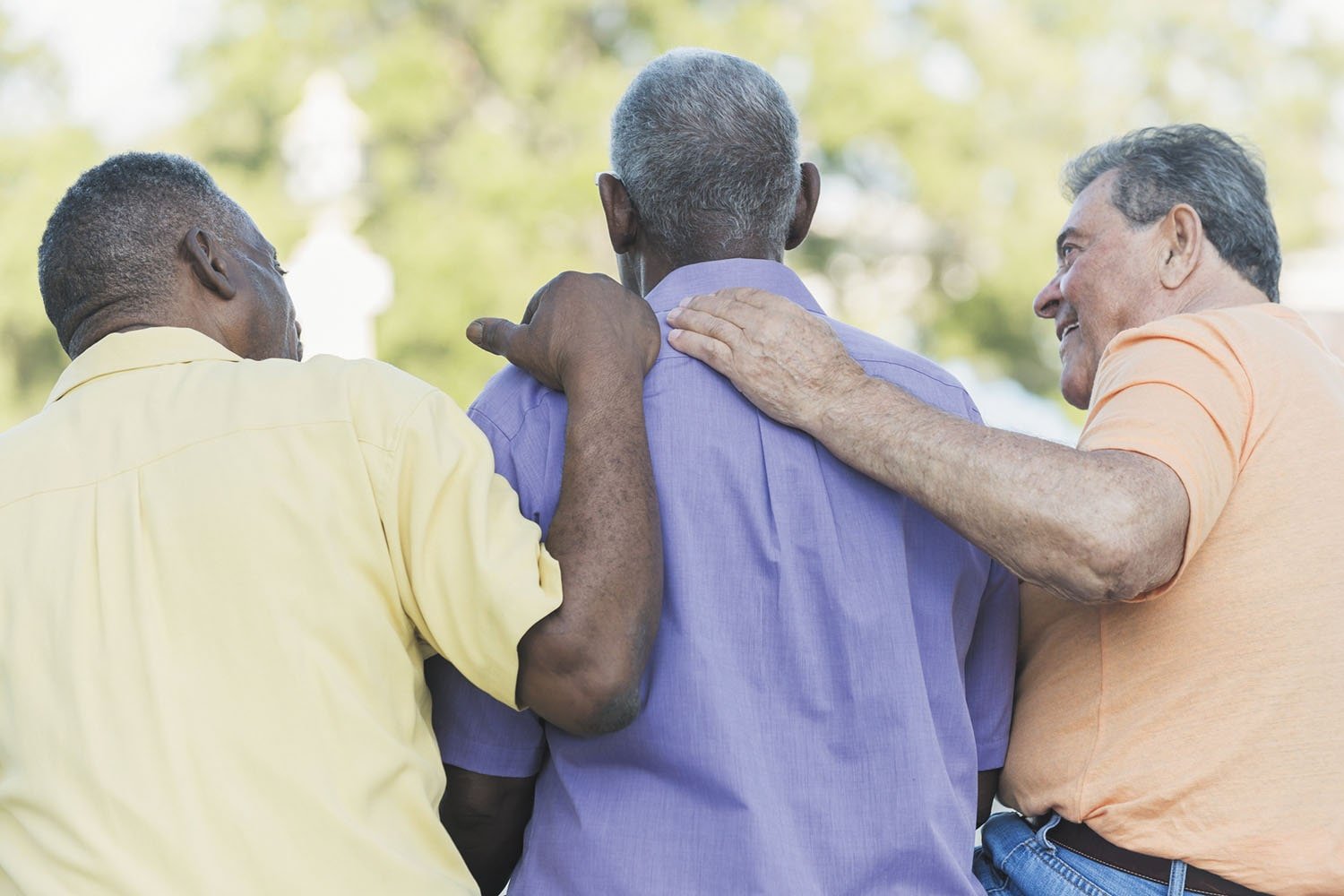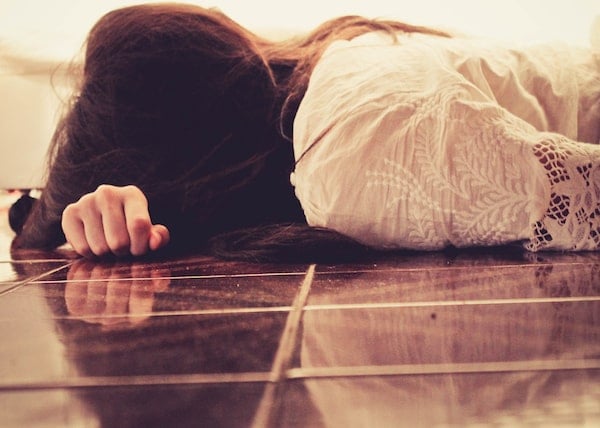Loss Of Child Community
Loss of a child runs contrary to the natural order of things.
Parents are not supposed to outlive their children. When a parent loses a child, in addition to the extreme sadness and deep emotional pain there may also be feelings of guilt, anger, and helplessness.
Following the loss of a child, it is important to take good care of yourself in every way.
- Grief is exhausting and you will need to work hard to get plenty of quality sleep
- Eating healthy food will be a key, and simple exercise like walking combined with sunshine and fresh air will help you physically
- For your mental health you will need help with how to think about your loss. Tools are available to help you deal with recurring traumatic images
- Reflecting on the meaning and purpose of your loss will strengthen your spiritual life, and surrounding yourself with a few positive, loving people will provide much needed support
- Your emotional battery will drain quickly so find ways to charge it regularly by treating yourself and remembering your own worth and value against the background of your loss
- Seek companionship in your grief and take every opportunity to talk about what you are experiencing with people you trust



Creating Space
An intentional space where you can process grief and loss
Our loss of child community is designed to connect grieving parents experiencing loss from miscarriage and stillborn births through adult children.
Community Connection
Grief doesn't simply go away... you need help.
- Connect with others who have experienced your same loss
- Interact through workshops on loss topics
- Find help through print resources you can view or download
Help for Grieving the Loss of a Child
Bringing grieving people together to heal.
We Grieve offers companionship and support for healthy healing through connection in loss communities, virtual workshops, and print resources.
Welcome to the Loss of Child Community
Loss of a child runs contrary to the natural order of things. Parents are not supposed to outlive their children. When a parent of any age loses a child, in addition to the extreme sadness and deep emotional pain there may also be feelings of guilt, anger, and helplessness.
Our loss of child community is designed to connect grieving parents experiencing loss from miscarriage and stillborn births through adult children.
Common Reactions to the Loss of a Child
Unexpected shock
The loss of a child is most often painfully unexpected. Regardless of the advance notice you may have, any loss of a child is unexpected. Some parents are surprised to discover they have a baby on the way, but most dream about, plan for, and with great anticipation prepare every imaginable detail possible to welcome their newborn child into the world.
No parent takes on the adventure of parenting expecting to outlive their children. Shock, disbelief, denial, confusion, and uncontrollable emotion are common. Often those nearby you will tell you things you did and said when you were experiencing shock, and you will not remember doing or saying them.
Instability
The loss of a child torpedoes fundamental elements of a parent’s core self. At least two words are permanently tattooed on the foreheads of every parent, “Provider” and “Protector”. Parents can be stellar at both and the death of a child still occur. Identity, security, responsibility, role, and self-image are aspects of self that are attacked by loss, resulting in a sense of instability. As parents we never imagine anything we could not protect our child from experiencing. Loss tells us otherwise.
Our identity as a parent is defined by our having children to care for. The loss of our child alters that identity. The inability to prevent a death by being unable to control a set of circumstances can chip away at our sense of security in ourselves and the world around us. Feelings of failure at our primary job as a parent gnaw at us day and night. The painful thoughts and emotions may seem inescapable.
Emptiness
Possibly the most exhausting reaction to losing a child is the emptiness felt deep in your soul. When you are a parent, you create huge amounts of space in your life you dedicate to loving, nurturing, training, caring for, teaching, protecting and providing for your children. When you lose a child, that aching emptiness fills with unimaginable pain and excruciating loss. The death of the child is also the death of all the dreams a parent has for their son or daughter.
Secondary losses incessantly emerge in the form of each specific goal, aspiration and hope held for the child. Parents of an adult child will feel the emptiness in a different way. If the relationship has matured to more of a peer relationship, the loss is felt more like the absence of a close and intimate friend. If the relationship was made complex by estrangement or brokenness, grief is complicated and intentional work to resolve this pain will be needed.
Isolation
The effect of losing a child will often be a lack of desire to go anywhere or do anything. The emotional pain is partially responsible for this reaction because grieving is exhausting. A person can feel as if they have run a marathon and yet never have left the house. While experiencing this level of pain you may find getting out of bed, brushing your teeth, showering, and wearing clean clothes to be huge accomplishments for a day. Isolating behavior may also be manifested by an unwillingness to go out in public for fear of running into people you know.
Acquaintances and friends may struggle to know what to say or how to act around you in public places, and even if their actions are entirely appropriate, a common reaction is avoiding any conversation about your loss. Feelings of guilt, failure, or just trying to find words to explain the inexplicable can be frightening. Seeing another parent with their child or recognizing your child’s favorite snack on the shelf in the grocery store can trigger a sudden flood of tears. The fear of breaking down emotionally or having to answer the “How are you doing?” questions can keep a parent home and isolated.
Fear
Parents with multiple children experience additional anguish with the loss of a child. Surviving siblings still need love, attention, reassurance, and general parenting. Life goes on. It can seem as if there is no time to grieve because of the needs of the family. Everyone is grieving, and often grieving differently with unique grief needs. In addition, grief causes an inordinate amount of attention on the missing child to cause siblings to feel left out and in need of extra love and attention that grieving parents may not have available.
Parents may experience the fear of not knowing how to help their other children. Unreasonable boundaries on surviving children may be set in place for fear that any bad thing can and will happen. This fear created by the awareness of how little control we have over life is powerful. The dread and worry of something else horrible happening adds tension and stress to the already overwhelming emotional pain of grief and loss.
Helpful Resources for Loss of Child

We Grieve Workshops
Grief Workshops are open to all loss communities and are offered on a variety of topics.
Grief Workshops utilize a virtual platform and include teaching and small group, loss-specific breakouts with discussion enabled by a trained community facilitator. Workshops are scheduled for 90-minute sessions meeting weekly for four consecutive weeks.



Make a Donation
If the We Grieve Community experience has been valuable to you, give back.
Your donation will go to offset the cost of We Grieve, and allow us to continue offering free resources, workshops, and connection for grieving people.
Make a Donation


